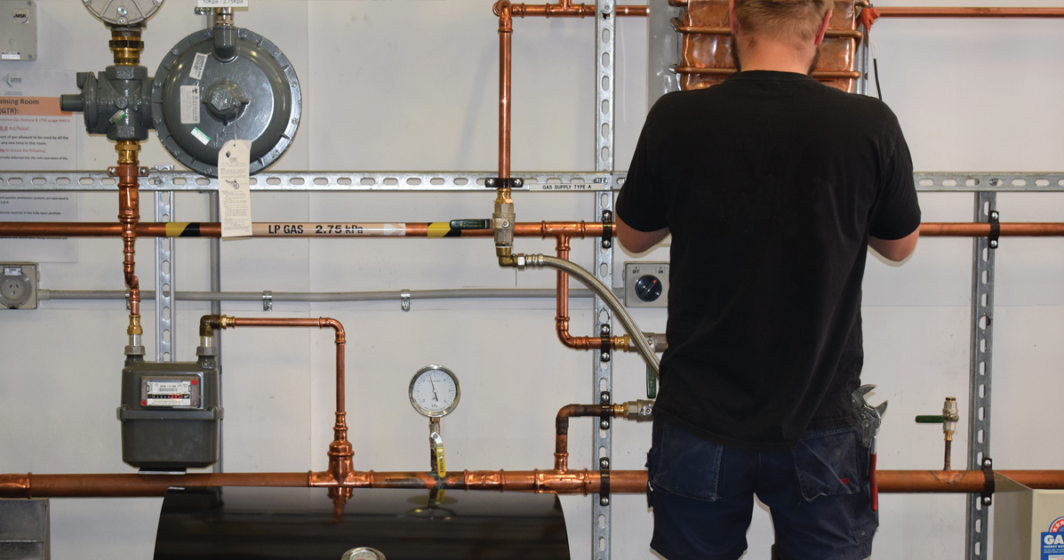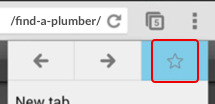Victoria moves one step closer to mandatory Continuing Professional Development for plumbers.
The Victorian Department of Environment, Land, Water and Planning is considering submissions on a consultation paper outlining options for a new Continuing Professional Development (CPD) scheme.
The Department received submissions from across the industry, including Master Plumbers, and plans to release Regulatory Impact Statement (RIS) at the end of 2020 or early 2021. The Statement will outline costs and benefits of three options explored and recommend a preferred option. The RIS will be open for further comment and Master Plumbers will strongly support the introduction of mandatory CPD to ensure ongoing competency and improvement of our industry.

Master Plumbers President Scott Dowsett welcomed the open process and encouraged the entire industry to endorse the move to make the scheme mandatory.
“The plumbing industry provides the community’s first line of defence against a whole series of hazards, diseases, toxins, and other harms,” he said. “Each of us relies every day on the skills and knowledge of plumbing professionals to ensure our water is clean, our public and private sanitation systems work and prevent disease, and that the heating, cooling and fire protection systems in our built environment are properly installed and safely maintained.”
A well-structured and implemented CPD scheme can help plumbers keep up-to-date as standards and regulations change, technologies launch and business requirements alter.
Scott said CPD would build industry capacity and resilience. “If the COVID crisis has taught us thing it is that ensuring key industries are resilient and have the capacity to adapt and not collapse under pressure, is key to our long-term outlook.
“The key is to design a scheme which is relevant to all practitioners, has the right mix of technical and industry and professional development units and is designed to gain and retain practitioner buy-in and not become compliance driven.”
A CPD framework for Victoria: The options
Three high-level options have been put forward by DEWLP for consideration:
- Maintain the current situation - do not introduce mandatory CPD
- Introduce a mandatory program, without any compulsory subjects
- Introduce a mandatory program with a mixture of compulsory and non-compulsory subjects
CPD is currently mandatory in Tasmania for all licensed plumbers and gasfitters. However, it is voluntary in all other jurisdictions including Victoria. Schemes, including Master Plumbers’ CPD, in Victoria (plumber.com.au/cpd) deliver benefits to many practitioners, and by extension consumers and the community.
Scott said voluntary programs were unlikely to deliver the sorts of industry wide, compliance, consumer protection, or professional development outcomes, which the industry requires.
“They tend to attract those who are already keeping on top of industry developments rather than those who are most likely to need upskilling.”
Master Plumbers is advocating for Option 3
The mixed model proposed as Option 3 in the Discussion Paper would allow a balance to be struck, by mandating some units, while allowing practitioners the flexibility to choose and tailor the balance of their CPD units. Master Plumbers believes that the framework should include both technical as well as professional support units (noncompulsory) in areas such as business management, compliance and taxation or practical training in things like hygiene and disease prevention.
The broad framework to establish CPD should be set out in the Plumbing Regulations, but the specific units of competency required should not be prescribed in regulation. Doing so would make the operation of the scheme difficult, would limit its flexibility and therefore utility, leading to reduced industry and practitioner engagement.
An industry committee or body, made up of suitably skilled representatives across the sector, should have the responsibility for deciding the units which make up the CPD course offerings, especially any compulsory units. The role of the regulations would then be to empower and enable that decisionmaking body, rather than to prescribe the actual units of CPD.
The benefits of mandatory CPD
In an industry as dynamic as plumbing - where new innovations, technologies, systems, techniques, and materials are being developed, refined, combined, and incorporated into the built environment every day - ongoing, post trade qualification training is not a “nice to have.” It is vital and necessary to ensure currency.
Scott said Master Plumbers believed that mandatory CPD would be a valuable addition to the existing framework for the regulation of plumbing in Victoria. “Ongoing practitioner competency verification through CPD, is a particularly important consumer protection/ compliance measure in regulatory settings such as Victoria’s, which relies so heavily on self-certification,” he said.
Flexibility and relevance are key to the scheme’s success
Introducing a CPD scheme is a significant change for the industry, and Master Plumbers has advocated that its implementation should not be rushed.
To have the best chance of being effective and enduring, the scheme needs to have relevance and value for all industry participants. Scott said industry participants must be confident the units of learning undertaken have relevance to their work, now and in the future.
“Employers will only embrace a scheme, which will cost them time and money to support, if they are convinced of the value of the units of training required.”
A regulated CPD scheme would place requirements on all license (or registration) holders. “The scheme must therefore be flexible enough to accommodate the variability in work types, skills classes, skill breadth and level, within and across the various license classes of plumbing and fire protection.
“While individuals may have a license in common, it would be wrong to view all practitioners within those license or registration categories as homogenous groups.
“I look forward to Victoria having a strong and flexible CPD in place in the future.”
Share this Article






